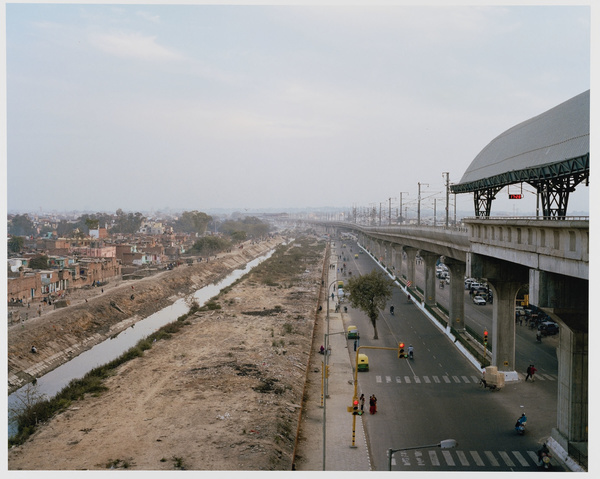Semester:
Offered:
How did our planet become so urban, and how can our cities be more vital, livable, and sustainable?


Photo © President and Fellows of Harvard College
It has become a cliché to say that more than half of the world’s population now lives in cities. The speed and scale of urbanization over the past century has been stunning, and we tend to underestimate the extent to which built environments and natural landscapes have become entangled. As both lived and imagined spaces, cities will continue to shape life on our planet. In fact, if we consider the flow of resources (and refuse), energy systems, the circulation of people and cultures, where do our cities actually end? This class starts from the premise that the urban today represents a worldwide condition in which nearly all political, economic, cultural, and socio-environmental relations are enmeshed.We will focus on multiple aspects of urbanization, including housing and transportation, as well as socio-economic mobility and the reproduction of inequalities. We will cover the history of urban planning, and how processes of the past converge in the present. We will discuss the aspirations of individuals and groups that have made cities, as well as the intended and unintended consequences of technological innovations and design. We will reflect on metropolitan, regional, and global scales, with attention to gender, race, ethnicity, religion, nationality, and class. And we will consider the ecological dimensions of urbanization, including research on compact cities as more environmentally sustainable than sprawling settlements.
Urbanization has been an expression of the notion that humans can reshape the environment, as well as their own destinies. Throughout modernity, people have imagined and experienced cities as places of frustration and promise. Our aim is to engage a wide range of perspectives on contemporary urban conditions and on how we got here, with the hope of opening up possibilities for the future.